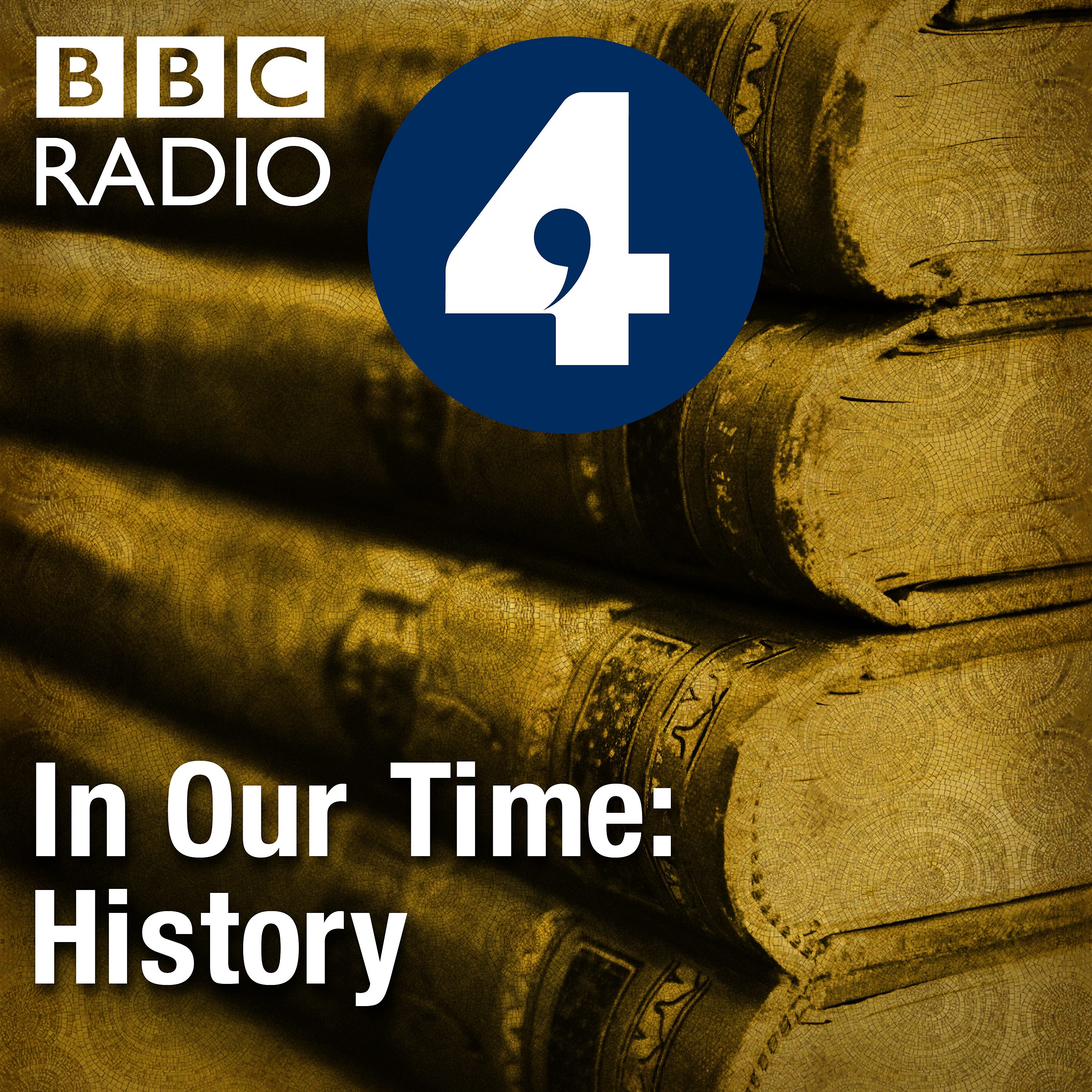The Gold Standard
Description
Melvyn Bragg and guests discuss the system that flourished from 1870 when gold became dominant and more widely available, following gold rushes in California and Australia. Banknotes could be exchanged for gold at central banks, the coins in circulation could be gold (as with the sovereign in the image above, initially worth £1), gold could be freely imported and exported, and many national currencies around the world were tied to gold and so to each other. The idea began in Britain, where sterling was seen as good as gold, and when other countries rushed to the Gold Standard the confidence in their currencies grew, and world trade took off and, for a century, gold was seen as a vital component of the world economy, supporting stability and confidence. The system came with constraints on government ability to respond to economic crises, though, and has been blamed for deepening and prolonging the Great Depression of the 1930s.
With
Catherine Schenk
Professor of Economic and Social History at the University of Oxford
Helen Paul
Lecturer in Economics and Economic History at the University of Southampton
And
Matthias Morys
Senior Lecturer in Economic History at the University of York
Produced by Eliane Glaser and Simon Tillotson
More Episodes
Published 10/31/24
Melvyn Bragg and guests discuss the notorious attack of 4th of May 1886 at a workers rally in Chicago when somebody threw a bomb that killed a policeman, Mathias J. Degan. The chaotic shooting that followed left more people dead and sent shockwaves across America and Europe. This was in...
Published 10/31/24
Melvyn Bragg and guests discuss one of the major figures in Victorian British politics. Disraeli (1804 -1881) served both as Prime Minister twice and, for long periods, as leader of the opposition. Born a Jew, he was only permitted to enter Parliament as his father had him baptised into the...
Published 10/17/24


